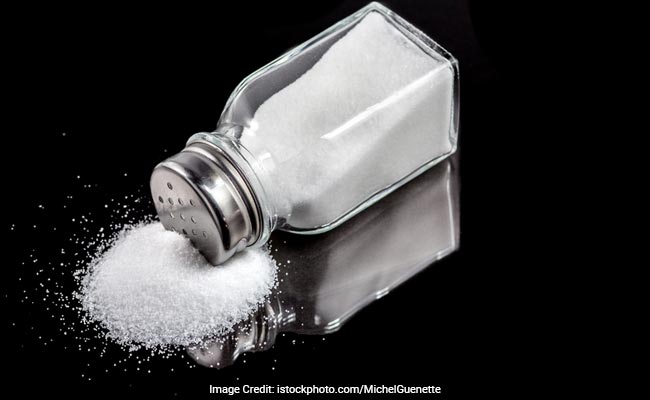Even a pinch of salt can make or break a recipe. We know you agree with this. Salt, a seasoning agent most of us take for granted, is much more than a simple cooking ingredient. Imagine your meal without salt. It would be boring, for sure. But too much salt can make a dish inedible. To ensure the correct amount of salt in a particular dish, it is important to know the difference between the different types of salt available in the market. While regular table salt is the most commonly used salt in our homes, you may have read about kosher salt in some recipes.
What is the difference between salts?
(Also read: Signs you’re not getting enough salt; Keep a check!,
Are you wondering what is the difference between these two types of salts? If you are confused about the use of these two types of salt, then there is nothing to worry about. Table salt and kosher salt are often interchangeable but their amounts vary when substituting one for the other.
Salts are composed of the basic ingredient, sodium chloride. While some salts are purely of this base material, others are mixed with additives such as iodine. Salt is obtained from seawater or salt mines. Salt occurs as a result of the evaporation of seawater or brine (which is made by mixing water with salt mineral ores).
Texture Difference Between Kosher Salt and Regular Salt
Kosher salt is a coarse-grained salt. Because of its large crystals, it is not very dense. Anti-clumping agents such as calcium silicate and iodine are rarely added to kosher salt. Salt got its name from the process of koshering. In this process, the meat is treated with salt to absorb and remove surface blood from the meat.
Regular salt or table salt is finer-grained and therefore denser. Its similarly sized crystals evenly distribute its salinity. Usually traces of iodine and calcium silicate are added to table salt.

Kosher salt and regular salt have a different texture
(Also read: 8 Genius Tricks to Minimize Excess Salt in Curry,
Taste Difference Between Kosher Salt and Regular Salt
A pinch of regular salt can be more salty than a pinch of kosher salt. This is because of the large grains of kosher salt that take time to dissolve. The coarse grain also means that the flavor is distributed unevenly.
Experiment
If you are replacing kosher salt with regular salt (or the other way around) in any recipe, make sure you change the amount so you don’t overdo or season it. Kosher salt is good for seasoning and cooking, as there is less risk of an overdose. Regular salt is best suited for last-minute seasoning as it dissolves quickly.
,